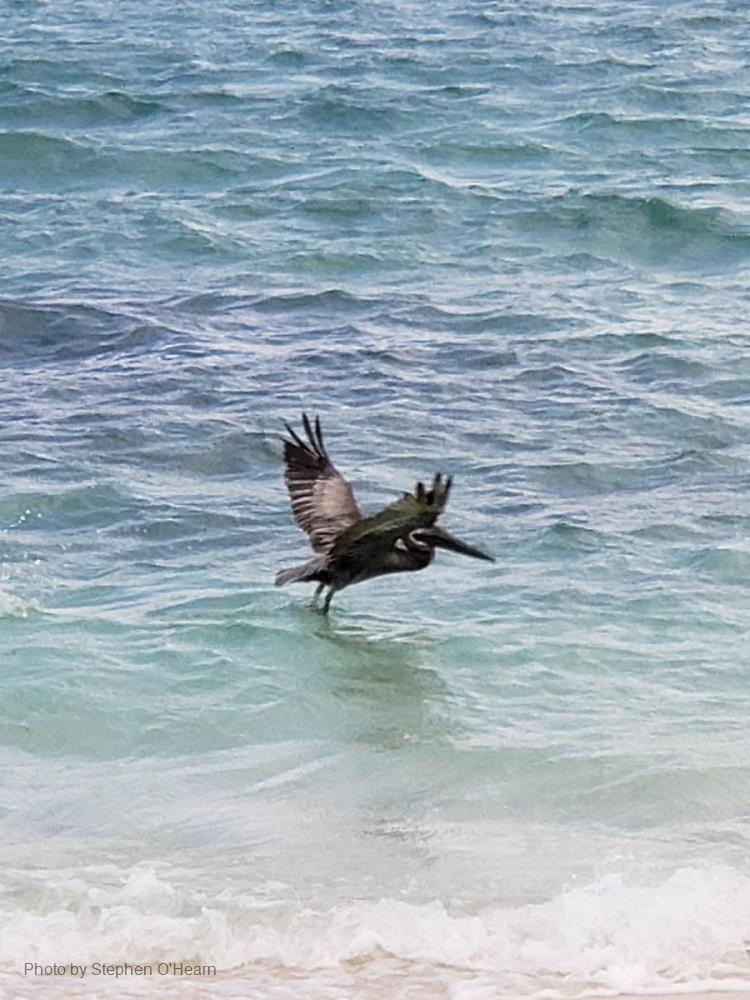
Related items loading ...
Section 1: Overview
Name of Research Project
|
Related Project
|
Part
|
|
GWF-IWGD: Is our Water Good to Drink? Water-Related Practices, Perceptions and Traditional Knowledge Indicators for Human Health
|
|
|
|
|
|
|
|
Program Affiliations
Related Research Project(s)
|
IWGD: Is our Water Good to Drink? Water-Related Practices, Perceptions and Traditional Knowledge Indicators for Human Health | |
Dataset Title
Water-related knowledge, attitudes and practices in Akaitcho Territory
Additional Information
Creators and Contributors
|
Diane Giroux | Point of Contact, Principal Investigator | aarom.coordinator@akaitcho.ca | Akaitcho Territory Government |
Corinne Schuster-Wallace | Point of Contact, Principal Investigator | cschuster.wallace@usask.ca | University of Saskatchewan |
Lalita Bharadwaj | Principal Investigator | | University of Saskatchewan |
Michael Tollis | Collaborator | | Akaitcho Territory Government |
Abstract
Data will consist of perceptions of "good" and "bad" water and how each impacts upon individual and community health. They will be collected through surveys and Elder interviews.
Purpose
The purpose of this collaborative research project is to develop Traditional Knowledge (TK) indicators of "good" and "bad" water in order to explore the similarities and differences between the western science concept of "safe to drink" and the TK concept of "good to drink".
Plain Language Summary
While Indigenous communities recognise western science (WS) standards for drinking water quality, potability as a concept is not sufficient to address the Indigenous concepts of "good" or "bad" in relation to water. The purpose of this collaborative research project is to develop Traditional Knowledge (TK) indicators of "good" and "bad" water in order to explore the similarities and differences between the WS concept of "safe to drink" and the TK concept of "good to drink". This will be achieved through an exploration of water-related health, how human health (encompassing physical, spiritual, mental, and emotional health) is affected by "good" and "bad" water, development of appropriate TK indicators, and community case studies. Through this process and its outcomes, communities will be able to better understand and assess water-related health in Indigenous communities through a TK system and be able to share this with government agencies currently responsible for water management, remediation, and quality monitoring.
Keywords
|
perceptions |
community health |
water |
Citations
Section 3: Status and Provenance
Dataset Version
Dataset Creation Date
Status of data collection/production
Dataset Completion or Abandonment Date
Data Update Frequency
Creation Software
Primary Source of Data
Other Source of Data (if applicable)
Data Lineage (if applicable). Please include versions (e.g., input and forcing data, models, and coupling modules; instrument measurements; surveys; sample collections; etc.)
Section 4: Access and Downloads
Access to the Dataset
Terms of Use
Does the data have access restrictions?
Downloading and Characteristics of the Dataset
Download Links and Instructions
Total Size of all Dataset Files (GB)
File formats and online databases
Other Data Formats (if applicable)
List of Parameters and Variables


 GWFNet
GWFNet Master
Master Data
Data Research
Research Map
Map
 Advanced
Advanced Tools
Tools
 . . .
. . .
 Metadata Editor
Metadata Editor
 Record List
Record List
 Alias List Editor
Alias List Editor
 Legacy sites
Legacy sites